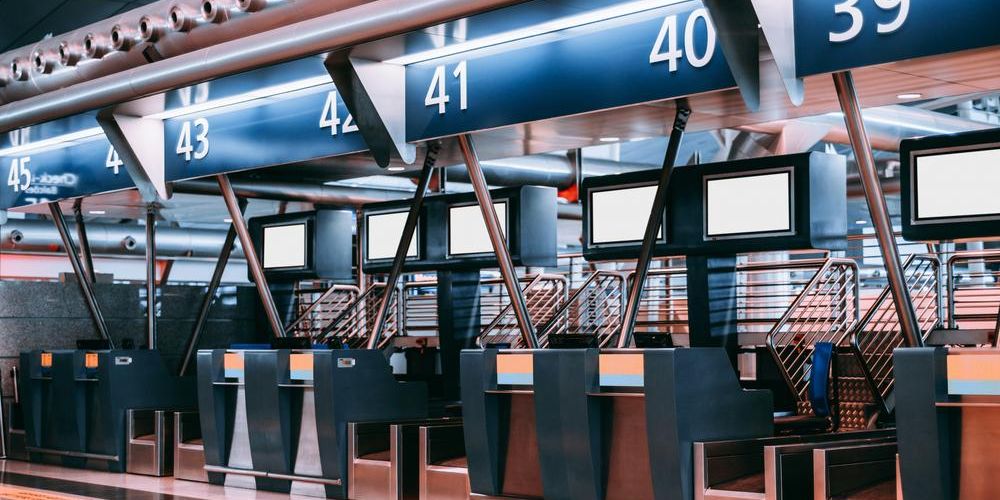Among the worst affected airports are Brussels Airport, Berlin Brandenburg and London Heathrow.
The attack, which began late Friday, compromised the Muse software of U.S. aviation technology provider Collins Aerospace. Their system is used for check-in, boarding passes, bag tagging and baggage drop-off.
Airlines have been forced to revert to manual operations, forcing the cancellation of many flights across the continent.
In Brussels, operations remain severely impacted. Officials report that 25 outbound flights were cancelled on Saturday and 50 on Sunday, with airlines being urged to cancel nearly half of today’s departures due to the inability of Collins Aerospace to roll out a secure software update.
Heathrow and Berlin saw some improvement by Sunday, though delays and cancellations continued.
Airports have set up contingency measures: staff are issuing manual boarding passes, using hand-written tags for bags and deploying backup laptops where possible.
Self-service kiosks and online check-in remain operational at many locations, helping to ease pressure.
So far, there has been no suggestion that the attack affected air traffic control or overall flight safety.
Authorities and cybersecurity agencies across Europe are investigating the source of the breach.
Travellers are advised to check flight status before arriving at the airport, arrive early and where possible use online check-in or alternate airports.









